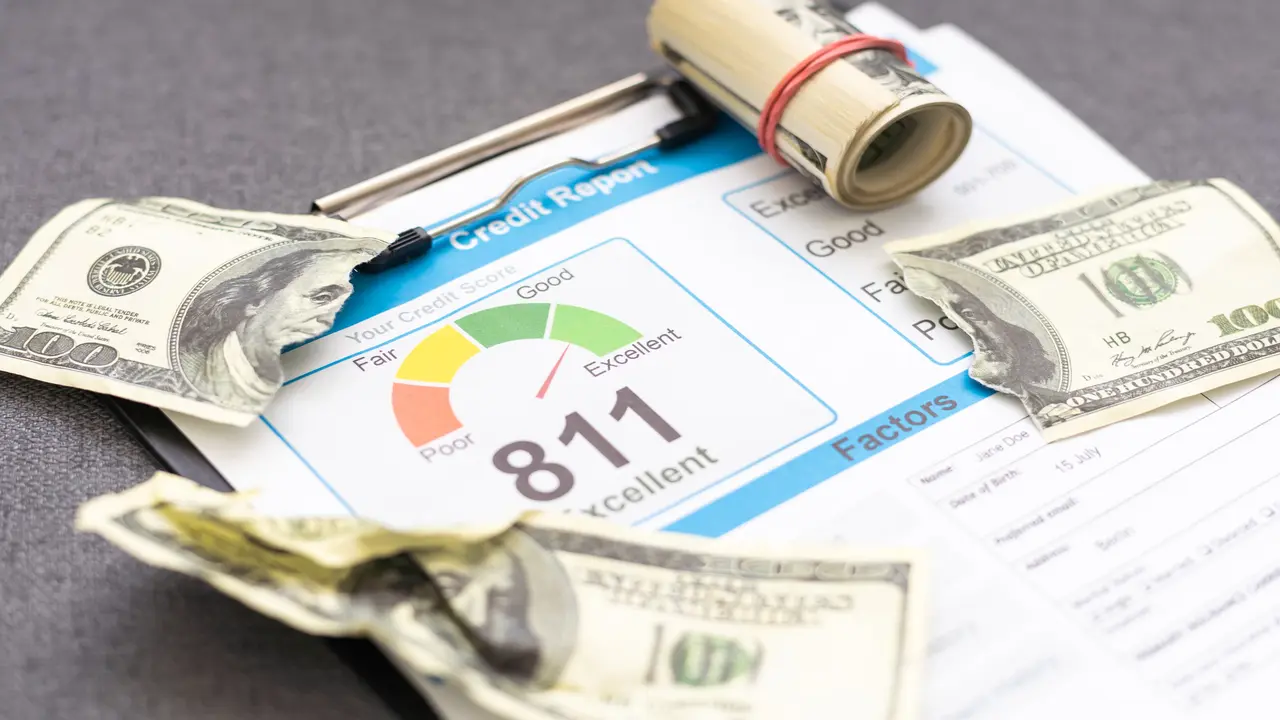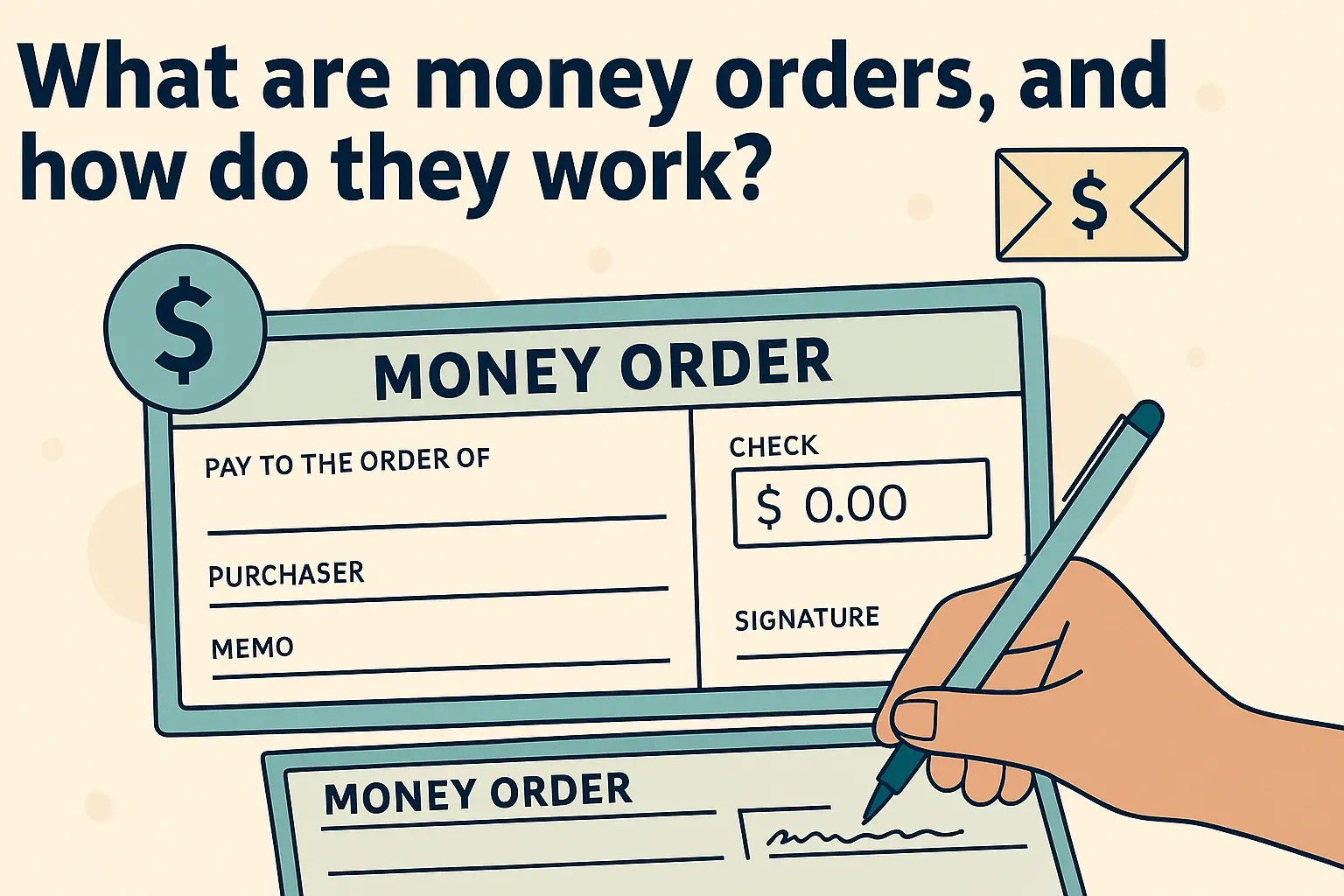-
Posted on: 23 Aug 2024

-
To answer the most frequently asked question: Does checking your credit score lower it? The number of people who are tracking their credit scores is rising due to the availability of free credit scores and reports. This leads some to be concerned that making too many inquiries on their report may lower it.
To answer the inquiry directly, the act of monitoring your own credit score does not harm it in any way. Inquiries that arise from your request for your credit report will not be visible to other companies or influence your score in any way. However, other types of inquiries do get recorded and can affect your score until they are removed from your report.
It is important to note that not all credit checks are the same. The primary difference between hard inquiries and soft inquiries is in the extent to which they impact your score.
Soft inquiry is a factually called credit check that can be conducted without your consent. When you make these choices, they are not shown on your report and do not affect your score. Soft inquiries come from:
-
Getting your credit report and credit score. This means that you have the right to request your reports from the three credit bureaux namely Experian, Equifax, and TransUnion once a year for free. Such reports as credit reports do not influence your score when you run a check on them.
-
Creditors screening you for credit offers before considering you for a loan. For instance, when you get prescreened credit card applications in the mail, those are initiated after a soft inquiry to determine your creditworthiness. Pre-approved offers do not carry out any hard checks on the credit score of the people involved.
- The prospective employers conducting criminal background checks. Some employers conduct credit checks on candidates but are not concerned with scores that are pulled down. These are soft checks that do not affect the scores of the applicants.
Since you are the one who starts the soft checks and they are only available for your review, they do not affect your credit score. By checking your own score and reports, you will not suffer from the main drawbacks of multiple hard inquiries.
What is Hard Credit Check?
Hard inquiries occur when a prospect lender pulls your credit report while you are applying for any form of credit or financing. Examples include:
-
Applying for a credit card is one of the goals that people have to achieve in their lifetime.
-
Buying a car with the help of a car loan
- Completing the mortgage application
These types of credit checks do report to the other agencies and can impact on your score negatively. Ideally, a higher frequency in a relatively short time means a heightened credit risk and eagerness to access the available credit. This even decreases the predictive score models with applicants who have been approved for new accounts. Both pre-approvals based on soft checks turning into hard inquiries when one finally applies and rate shopping also exacerbate this problem.
Impact of Hard Inquiries on Credit Score
Most consumers understand that credit utilization and payment history are things that contribute to most scoring models. But new credit inquiries still contribute to 10% or more of scores. Therefore, the measure of risk increases when many new accounts are opened, which causes the scores to be lowered.
In particular, as for the hard inquiries, FICO supposes that they make up to 10% of an average credit score. VantageScores also give somewhat lower importance to inquiries that comprise between 8% to 10% of scores. Both consider it less important to credit payment history (35%) and credit balances (30%), but as equally important as the length of credit history (15%). In practical terms, here is how they impact scores:In practical terms, here is how they impact scores:
-
1-2 inquiries: Most of the time, no change as this shows normal account creation over the period.
-
3-5 inquiries: Score decreases of 5-20+ which are likely to last for 12 months on average.
- 6+ inquiries: Chiefs become progressively greater score reductions the higher the checks requested within a 12-month period. This elicits alarms indicating desperation.
However, as mentioned above, soft personal credit checks are not considered in these totals. Consumers receiving their own credit information can check accuracy without fear for their information is legitimate. Incremental monitoring also assists in identifying any new accounts or errors that may have appeared as they are detected in the process.
The effect of credit inquiries on credit scores depends on the type of credit inquiry that was made; how long credit inquiries affect credit scores will be discussed below.
The good news is that while hard credit checks reduce the score when done excessively, it is not permanent or permanent. Credit scoring models are aware that rate shopping entail multiple inquiries when financing large purchases.
Here is how long credit checks stay on your reports and weigh on your scores until fading:
-
Here is how long credit checks stay on your reports and weigh on your scores until fading:
-
Experian: Hard inquiries remain in the report for 2 years. However, score influences dissipate gradually after 12 months.
-
Equifax: Inquiries do stay on your report for 24 months and remain visible to all. However, these checks are penalized for a negative score for only 12 months.
- TransUnion: Hard checks also last 2 years and are usually removed from reports after that time. Any score changes due to high inquiries; also level off after one year.
Thus, checking on your personal reports or score also prevent score drops as monitoring credit also ensures its accuracy as well. It is therefore important to note that while applying for new credit is advisable, one has to be cautious not to apply for extended credit that is seen to result into hard inquiries by others for a certain temporary duration and incurs points. Restrict the number of new accounts over any 12 months. Instead, proactively go check your no-impact credit reports.
-








